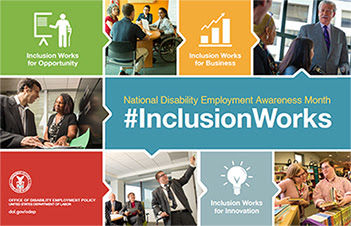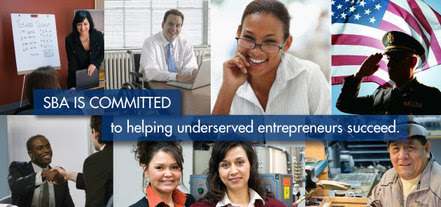Justice Department Scraps ADA Guidance

From Disability Scoop : Attorney General Jeff Sessions said he’s rescinding more than two dozen guidance documents including several clarifying the implications of the Americans with Disabilities Act. Among the 25 revoked documents are a number of ADA-related items dating as far back as 1995 offering guidance on everything from service animals to accessible building practices as well as a 2016 letter on employment of people with disabilities... Disability advocates indicated they are particularly worried about the U.S. Department of Justice’s decision to pull a statement issued under the Obama administration addressing the implications of the ADA’s integration mandate on employment. “The civil rights of persons with disabilities, including individuals with mental illness, intellectual or developmental disabilities, or physical disabilities, are violated by unnecessary segregation in a wide variety of settings, including in segregated employment, vocational and day programs,” the...


